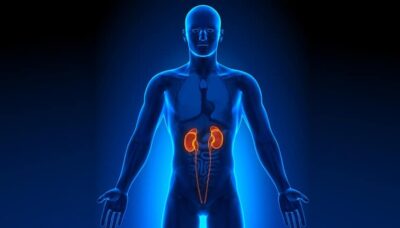
Background: A free radical scavenger, edaravone, which has been used for the treatment of ischemic stroke, was reported to cause acute kidney injury (AKI) as a fatal adverse event. The aim of the present study was to clarify whether edaravone is associated with AKI in patients with acute ischemic stroke. Methods: From the Fukuoka Stroke Registry database, 5689 consecutive patients with acute ischemic stroke who were hospitalized within 24 hours of the onset of symptoms were included in this study. A logistic regression analysis for the Fukuoka Stroke Registry cohort was done to identify the predictors for AKI. A propensity score–matched nested case–control study was also performed to elucidate any association between AKI and edaravone. Results: Acute kidney injury occurred in 128 of 5689 patients (2.2%) with acute ischemic stroke. A multivariate analysis revealed that the stroke subtype, the basal serum creatinine level, and the presence of infectious complications on admission were each predictors of developing AKI. In contrast, a free radical scavenger, edaravone, reduced the risk of developing AKI (multivariate-adjusted odds ratio [OR] .45, 95% confidence interval [CI] .30-.67). Propensity score–matched case–control study confirmed that edaravone use was negatively associated with AKI (propensity score–adjusted OR .46, 95% CI .29-.74). Conclusions: Although AKI has a significant impact on the clinical outcome of hospital inpatients, edaravone has a protective effect against the development of AKI in patients with acute ischemic stroke.
Posted: International Neurological Journal, №3 (105), 2019